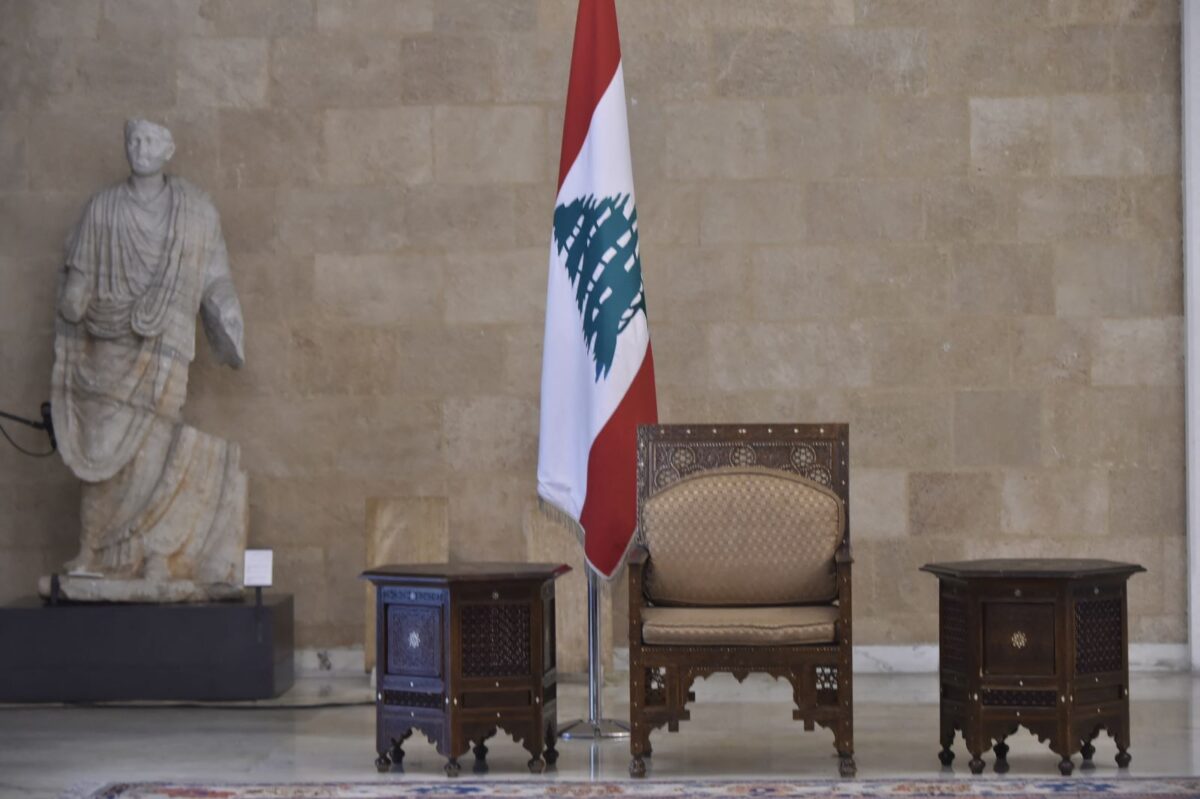
As Lebanon prepares for its presidential elections, recent Israeli settler incursions into Lebanese territory have reignited discussions about sovereignty and national security
While the recent Israeli settlers’ incursions into Lebanese territory were contained, they highlight larger, unresolved issues. How will Lebanon address future challenges to its sovereignty? Will the Lebanese Army, empowered by the new ceasefire agreement, take a firm stance to enforce state authority, or will resistance movements like Hezbollah continue to shape the country’s security narrative? These questions are now at the forefront as Lebanon stands at a critical political and security crossroads.
The settler issue: a symbol of larger challenges
The recent settler incursions, symbolize Lebanon’s broader struggle to assert control over its borders. For decades, the southern border has been a contested zone where the state’s authority has been overshadowed by the presence of non-state actors. The new ceasefire agreement provides a framework for reducing tensions, but its ambiguity leaves critical questions unanswered. Will the Lebanese Army assume full responsibility for border security, or will Hezbollah remain the dominant force in responding to such provocations?
The issue is not just about addressing individual incidents – it is about Lebanon’s ability to establish a unified, state-led approach to defending its sovereignty. For the people of the south, who have borne the brunt of past conflicts, this ambiguity breeds insecurity. Can the Lebanese state demonstrate that it is capable of protecting its citizens without relying on parallel structures of power? Or will it continue to outsource sovereignty to resistance movements?
The presidential elections: a chance to redefine security
The upcoming presidential elections, scheduled for January 9, offer an opportunity to address these questions. General Joseph Aoun, the current commander of the Lebanese Armed Forces, has emerged as the leading candidate. Aoun’s leadership during recent crises has demonstrated his ability to maintain stability. However, as president, his challenge would extend far beyond military strategy.
Aoun’s presidency could serve as a turning point in Lebanon’s approach to sovereignty. His track record suggests he could prioritize strengthening the Lebanese Army’s role in border security and asserting the state’s monopoly on the use of force. Yet achieving this will require working around Lebanon’s deeply entrenched sectarian divisions and overcoming resistance from political factions with vested interests in preserving the status quo.
A clear position is needed
Resolving the immediate issue of settler incursions is not enough. Lebanon needs a coherent and unified strategy for handling future challenges. The ceasefire agreement raises critical questions: will the Lebanese Army, under new leadership, assert its authority in the south and enforce the state’s sovereignty? Can the government integrate resistance movements like Hezbollah into a broader national security strategy, or will they continue to operate independently?
Without a clear position, Lebanon risks perpetuating the cycles of ambiguity and fragmentation that have undermined its sovereignty for decades. This is a defining moment for the state to assert its authority and move away from reliance on non-state actors.
A turning point for sovereignty
The settler incursions are a microcosm of Lebanon’s larger struggles with sovereignty, governance, and accountability. As the presidential elections approach, Lebanon faces a rare opportunity to recalibrate its political and security framework. A president like Joseph Aoun, with his military background, could lead efforts to reassert state control and chart a path toward a unified, state-led approach to sovereignty.
However, the stakes go beyond individual leadership. The new president must address immediate threats and lay the foundation for a sustainable security strategy that prioritizes national unity over sectarian interests. The question is not just whether Lebanon can respond to future provocations, but whether it can transform its fragmented security model into one rooted in state authority.
The upcoming elections are about more than choosing a president—they are about defining Lebanon’s future. The settler incursions have exposed the cracks in Lebanon’s sovereignty and the urgent need for a unified response. With General Joseph Aoun likely to take the helm, Lebanon has a chance to strengthen its institutions and put the country back on the track for political, social, and economic recovery. But this will require decisive action, political will, and a commitment to moving beyond the status quo. The stakes are high, and the time to act is now.
Ramzi Abou Ismail is a political psychologist and researcher at the University of Kent.
The views in this story reflect those of the author alone and do not necessarily reflect the beliefs of NOW.








